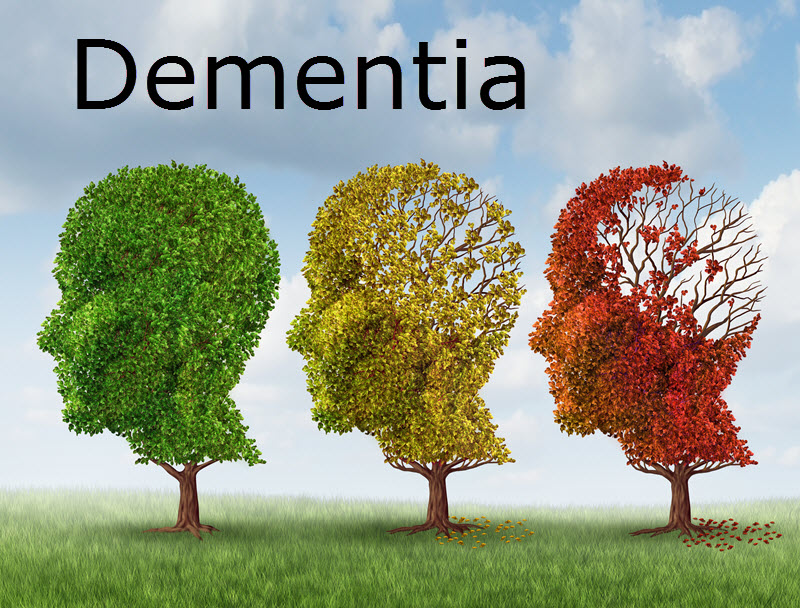New research indicates that drinking many cups of tea a day can reduce the onset of dementia and Alzheimer’s in older women.
A substantial daily dose of caffeine—the equivalent of five to six cups of tea a day—may help older women lower their odds of dementia or cognitive impairment, according to a study published in The Journals of Gerontology, Series A: Biological Sciences and Medical Sciences.
“Compared with women who consumed a low amount of caffeine (defined in the study as less than 64 milligrams daily), those who consumed a higher amount (more than 261 milligrams daily) were found to be at 36 percent reduced risk of a diagnosis of probable dementia or cognitive impairment,” Medical News Today reported.
The results come from an analysis of 6,467 women age 65 and older who were part of the Women’s Health Initiative Memory Study. Participants’ caffeine intake was determined through self-reported consumption of tea, coffee, and cola.
Lead author Ira Driscoll, Ph.D., a professor of psychiatry at the University of Wisconsin-Milwaukee, explained to Medical News Today the mechanisms that might explain caffeine’s possible cognitive benefits.
“The potential protective effect of caffeine is thought to occur primarily through the blockade of adenosine A2A receptors (ARs), whose expression and function become aberrant with both normal aging and age-related pathology,” she said.
Driscoll said that ARs are being increasingly investigated as a target for reversing cognitive impairment, and studies have shown that blocking these receptors can reverse Alzheimer’s and other neurodegenerative disorders in animal models.
Driscoll told the Milwaukee Journal Sentinel that “while we can’t make a direct link between higher caffeine consumption and lower incidence of cognitive impairment and dementia, with further study we can better quantify its relationship with cognitive-health outcomes.”
“The mounting evidence of caffeine consumption as a potentially protective factor against cognitive impairment is exciting given that caffeine is also an easily modifiable dietary factor” with few risk factors, she added.
Sources: The Journals of Gerontology, Series A: Biological Sciences and Medical Sciences, Medical News Today, Milwaukee Journal Sentinel
